- in Health and Wellness by Tony
Optimal Gut Health
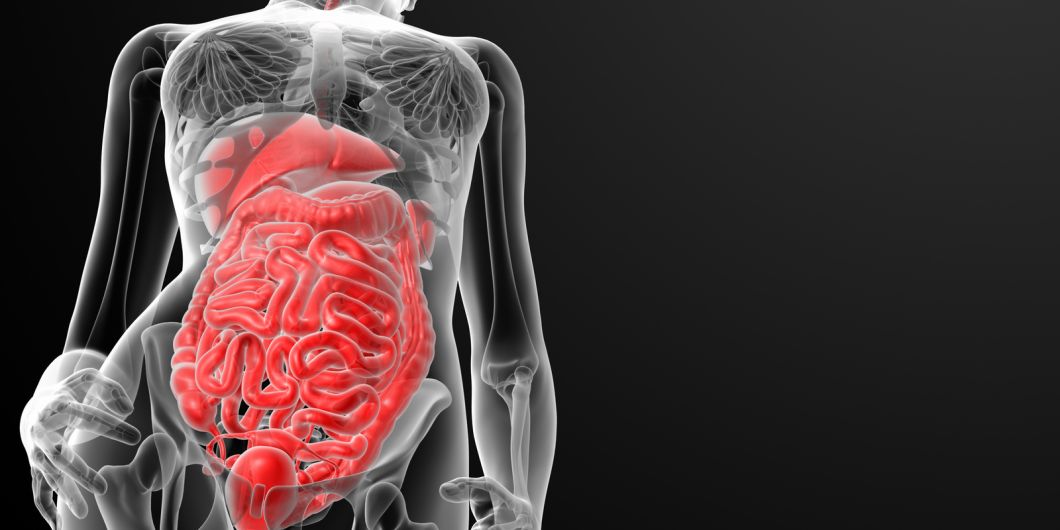
Have you ever wondered what the secret to overall good health is?
Turns out, it all starts with your gut.
The gut microbiome is an ecosystem of hundreds to thousands of microbial species living within the body. These populations affect our health, fertility, and even our longevity.
There is increasing evidence that the mixture of microorganisms found in the gut and intestinal tract plays a key role in regulating health. It is central to the digestion of food but has also been linked to the functioning of the immune system, mood and brain function, as well as to a range of conditions, including cancers and neurodegenerative diseases.
More...
How Your Gut Flora Impacts Health
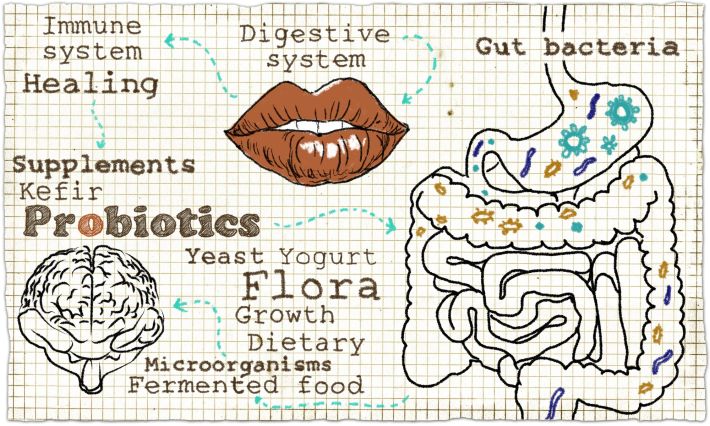
Gut health is a term used to describe the balance of microorganisms in the digestive tract. These microorganisms, which consist of bacteria, fungi, and viruses, help break down food and promote digestion. A healthy gut contributes to proper immune function and overall health.
Poor diet, stress, and antibiotics can all negatively impact gut health by destroying beneficial bacteria. Antibiotics will alter the gut flora for up to 12 months.
Eating a healthy diet rich in prebiotics (foods that feed the good bacteria) and probiotics (live organisms found in foods like yoghurt), getting adequate sleep, exercising regularly, and managing stress are some ways to support good gut health.
Good gut health plays an essential role in our body’s performance. It has been linked to various physical and mental health conditions, including obesity, depression, allergies, asthma, diabetes and cancer. It’s no wonder that many experts are now claiming that having a healthy gut could be the key to overall wellbeing.
Brighten up your meal
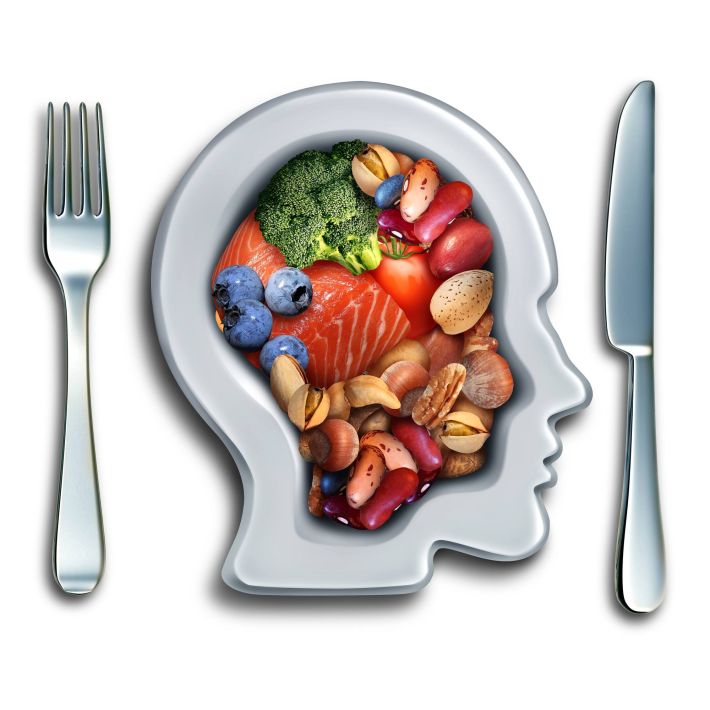
Adding colour to your meal provides essential vitamins and minerals to your overall diet.
By rotating the variety of your fruit and vegetables weekly, you will feed different microbes in the gut and ensure you achieve your five a day target. Your goal is to hit 30 different plant-based foods per week.
Eat more fibre
Fibre feeds the good gut bacteria, and they consume it and then produce short-chain fatty acids (known as postbiotics), which help reduce inflammation in the body. It also helps maintain bowel health because it increases the bulk in stools, to increase the bowel transit time. Therefore, avoiding laxatives, enemas, and other medicines that change the way your bowels function.
Research shows that gut health significantly impacts overall well-being. Supporting your gut health using prebiotics, probiotics, and postbiotics. Each serves a different yet collaborative purpose in encouraging good bacteria to thrive in your digestive system.
Prebiotics vs. Probiotics
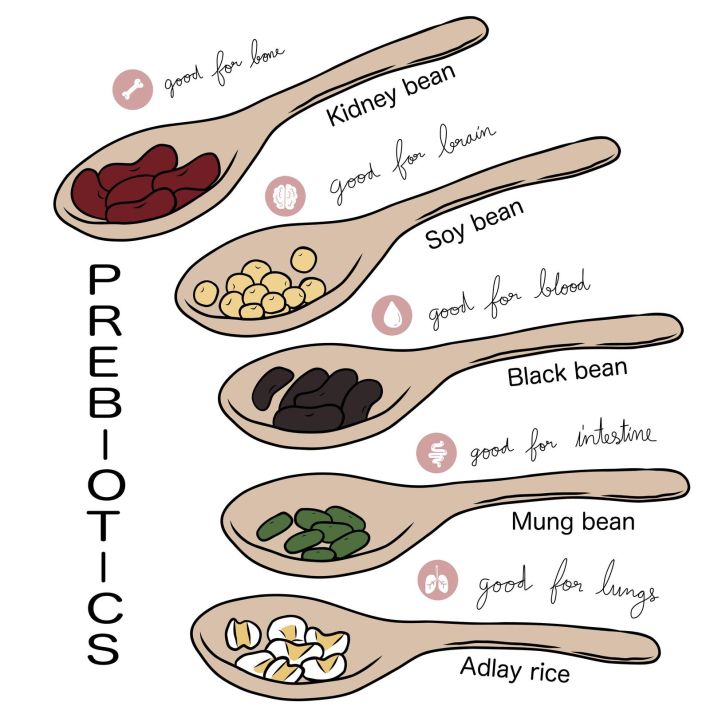
Though probiotics are good living bacteria, prebiotics are the food that promotes their growth. Postbiotics are by-products of the good bacteria left behind when probiotics ferment prebiotics.
They contain dead bacteria, short-chain fatty acids (a type of good bacteria), and peptides that support bodily function.
Prebiotics and probiotics can be found in supplemental forms and certain foods, and you'll get postbiotics just by consuming these first.
You can find prebiotics in foods like
Psychobiotics, a class of probiotics with anti-inflammatory effects, might be useful to treat patients with psychiatric disorders due to their antidepressive and anxiolytic effects.
The collaborative relationship between prebiotics and probiotics results in postbiotics.
Choose fermented foods
A tremendous amount of evidence promotes the necessity of maintaining a healthy and diverse community of bacteria in your gut. You can find probiotics in fermented foods such as yoghurt-type drinks. Advertisements over the years have extolled the virtues of “good bacteria” in the gut include Kimchi, sauerkraut, kombucha and sourdough are more solid options.
Still, they don’t overlook staples like yoghurt, which carry many of the same benefits and are just as handy as a portable breakfast for a dessert.
Live cultures and fermented foods help strengthen the microbiome, as they support the growth of good bacteria in the gut, increasing the diversity of the microbes.
Chemical imbalance
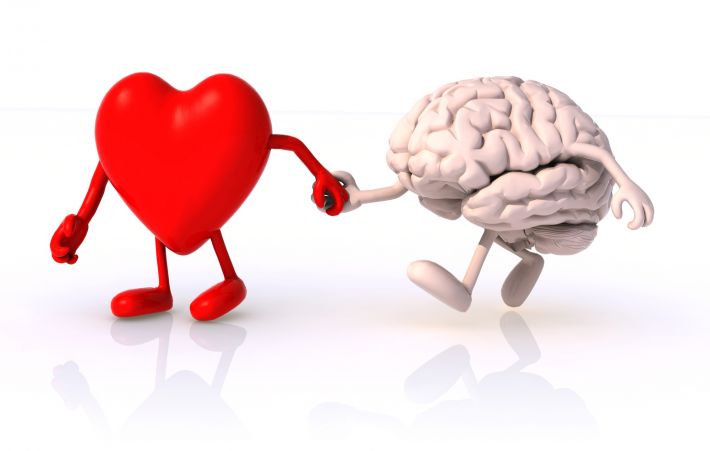
Although serotonin is well known as a brain neurotransmitter, In the gut, it is released from enterochromaffin cells, and it is estimated that Approximately 90 percent of the body's serotonin is made in the digestive tract.
Serotonin plays a key role in such body functions as mood, sleep, digestion, nausea, wound healing, bone health, blood clotting and sexual desire. Serotonin levels that are too low or too high can cause physical and psychological health problems.
We have a gut-brain axis; they communicate via the vagus nerve, and stress can affect the quality and quantity of our friendly gut bacteria. Thereby, regulating and maintaining gastrointestinal homeostasis.
The vagus nerve represents the main component of the parasympathetic nervous system, which oversees a vast array of crucial bodily functions, including control of mood, immune response, digestion, and heart rate.
It establishes one of the connections between the brain and the gastrointestinal tract and sends information about the state of the inner organs to the brain.
Meanwhile, in the land of nod

Time to apply the brakes in your stressful, active life.
Are you feeling anxious?
Did you sleep poorly last night?
Sleep disruption is recognised as a risk to the development of an anxiety disorder.
Sleep and gut health are interconnected – our digestive health plays a crucial role in how well we sleep, and rest can impact how well our digestive system functions.
In other words, the better you sleep, the better gut microbiome you’ll have and vice versa.
Generally, you need a minimum of seven hours of sound, uninterrupted shut-eye per night.
Scientists have discovered that meditation may boost friendly gut bacteria, helping improve physical and mental health.
Meditation has been seen to help with feelings of stress and anxiety, and there’s a clear connection between sleep deprivation and anxiety in the brain.
Back to nature

Nature and mental health are closely linked, as spending time in nature can have a positive effect on a person’s mental wellbeing. Studies have shown that time spent in nature can reduce stress, improve mood, enhance relaxation, and increase self-esteem.
Nature has also been found to be an effective tool for managing symptoms of anxiety and depression. Exercise is known to increase serotonin levels and releases endorphins, which make you feel calmer with better clarity of thinking.
Additionally, it reduces the stress hormone cortisol levels, which helps bring calm to reduce rumination.
Rumination is the act of conceptually and emotionally dwelling on thoughts, as in brooding or constant reflection. It is a mental process that engages a person's undivided attention while they reflect upon their feelings, concerns, and memories.
Gut health symptoms you should never ignore
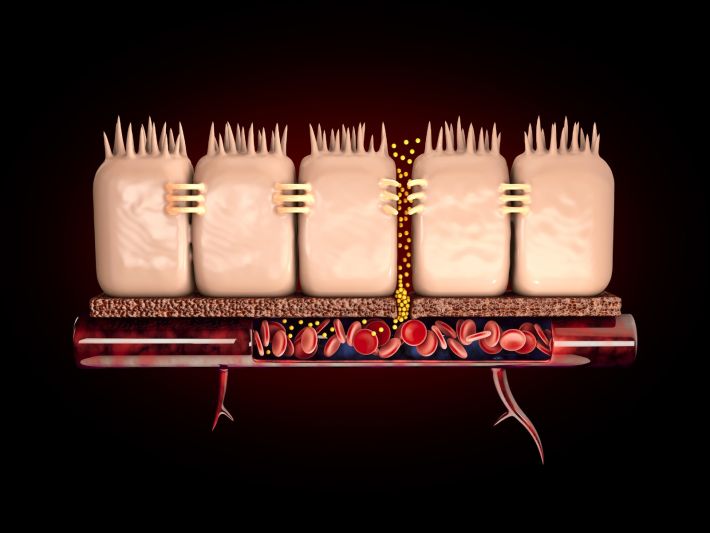
Rectal bleeding or bloody diarrhoea needs to be paid attention to and not ignored, and the same goes for any new onset tummy pain, anaemia, weight loss or fatigue.
People need to understand that irritable bowel syndrome (IBS) is ubiquitous – one in 200 people have it – and pain after eating, particularly after high-fibre foods, can be a warning sign.
Disorders such as IBS can also cause anxiety and depression.
Leaky gut syndrome
Leaky gut syndrome is a condition in which the lining of the small intestine becomes damaged. This damage allows bacteria and toxins to pass through the intestines and enter the bloodstream, causing various symptoms.
Common leaky gut symptoms include bloating, food sensitivities, fatigue, digestive issues, skin problems and autoimmune disease.
Treatment for leaky gut involves eating a balanced diet and taking supplements to help repair the lining of the intestine. Additionally, stress reduction methods such as yoga and meditation can help reduce inflammation in the body.
Caveats

Research suggested that serotonin played a significant role in our temperament—this so-called “chemical imbalance” theory. With changes in their gut, microbes exhibit altered behaviours.
Some of you may be acquainted with the various Antidepressants drugs to increase or maintain adequate amount of serotonin in the brain.
Antidepressants are selective serotonin reuptake inhibitors or S.S.R.I.s. These include Prozac, Zoloft and Celexa.
The drugs prevent neurons from sucking up the neurotransmitter serotonin, allowing more of the chemical to float around in the brain.
For this reason, FDA- have approved treatments for eight separate psychiatric diagnoses, ranging from social anxiety disorder to obsessive-compulsive disorder to premenstrual dysphoric disorder.
Drug companies have perpetuated this theory and substantiated it with false advertising campaigns. After all, it has been a lucrative endeavour for them. The serotonin hypothesis is typically presented as a collective scientific belief, rather than any factorial evidence has been disappointing to support this theory.
Patients convinced they are suffering from a neurochemical defect are likely to request a prescription for antidepressants and may be sceptical of physicians who suggest other interventions, such as cognitive-behavioural therapy, evidence-based or not.
Like other vulnerable populations, anxious and depressed patients are probably more susceptible to the controlling influence of advertisements.
culmination
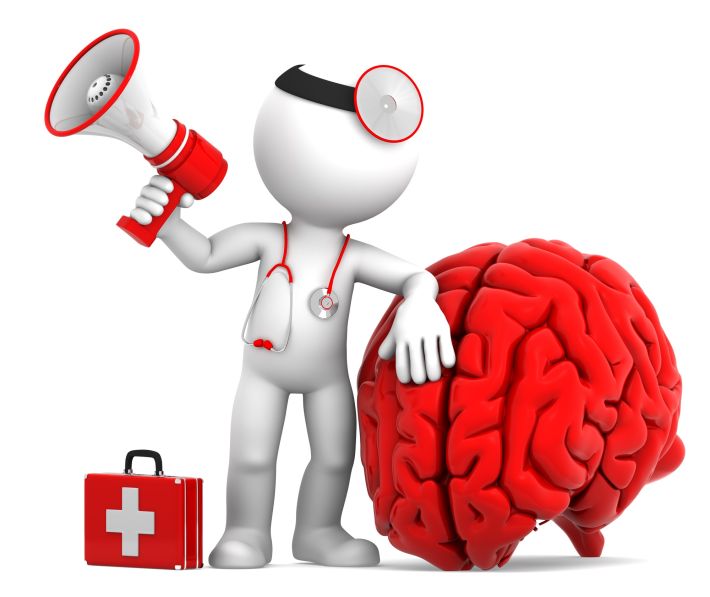
Gut health is the balance of bacteria in the digestive system. Nurturing your gut health means taking steps to support and improve the good bacteria in the intestines and minimize harmful bacteria, such as eating a nutritious diet, managing stress levels, getting regular exercise, avoiding environmental toxins, and taking probiotic supplements.
Research shows that people who have digestive disorders are more likely to have anxiety, and those with anxiety have higher rates of having a gastrointestinal disease.
Dysbiosis is basically an imbalance between the good and the bad bugs in the gut. That includes bacteria, yeast and parasites.
The first is that helpful bacteria provide direct protection for the lining of our large intestines, keeping out substances that would be harmful to us. When this system is compromised, a state of increased intestinal permeability (leaky gut syndrome) may be present.
Any imbalance in the gut microbiome may also affect the central nervous system, which controls brain function. The gut flora can shift very quickly depending on your diet or lifestyle. Your physical and mental health work together in harmony. Spend a little time looking after both.







